The AirPods Pro 2 with USB-C are some of the best headphones for running — and here's why
The ultimate exercise companion.
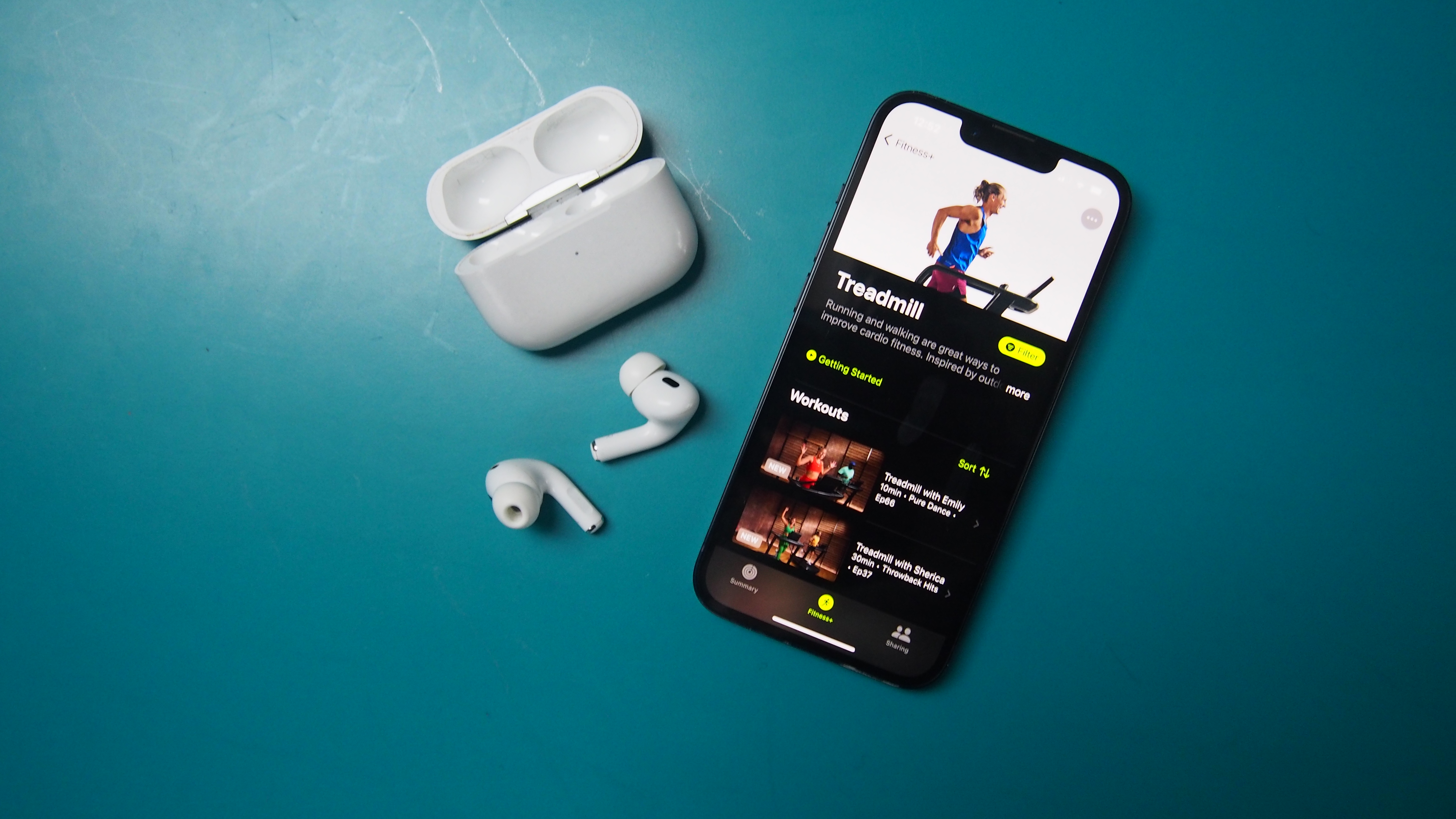
iMore offers spot-on advice and guidance from our team of experts, with decades of Apple device experience to lean on. Learn more with iMore!
You are now subscribed
Your newsletter sign-up was successful
The AirPods Pro 2 sits at the top of Apple’s truly wireless earbuds family, so it’s giving you the best it has to offer in design, features and most importantly, sound quality. The updated USB-C model I’ve tested isn’t vastly different from the Lightning version, but there does seem to be more than just a change in charging solution to grab them for exercise.
Where can you get them, and how much do they cost?
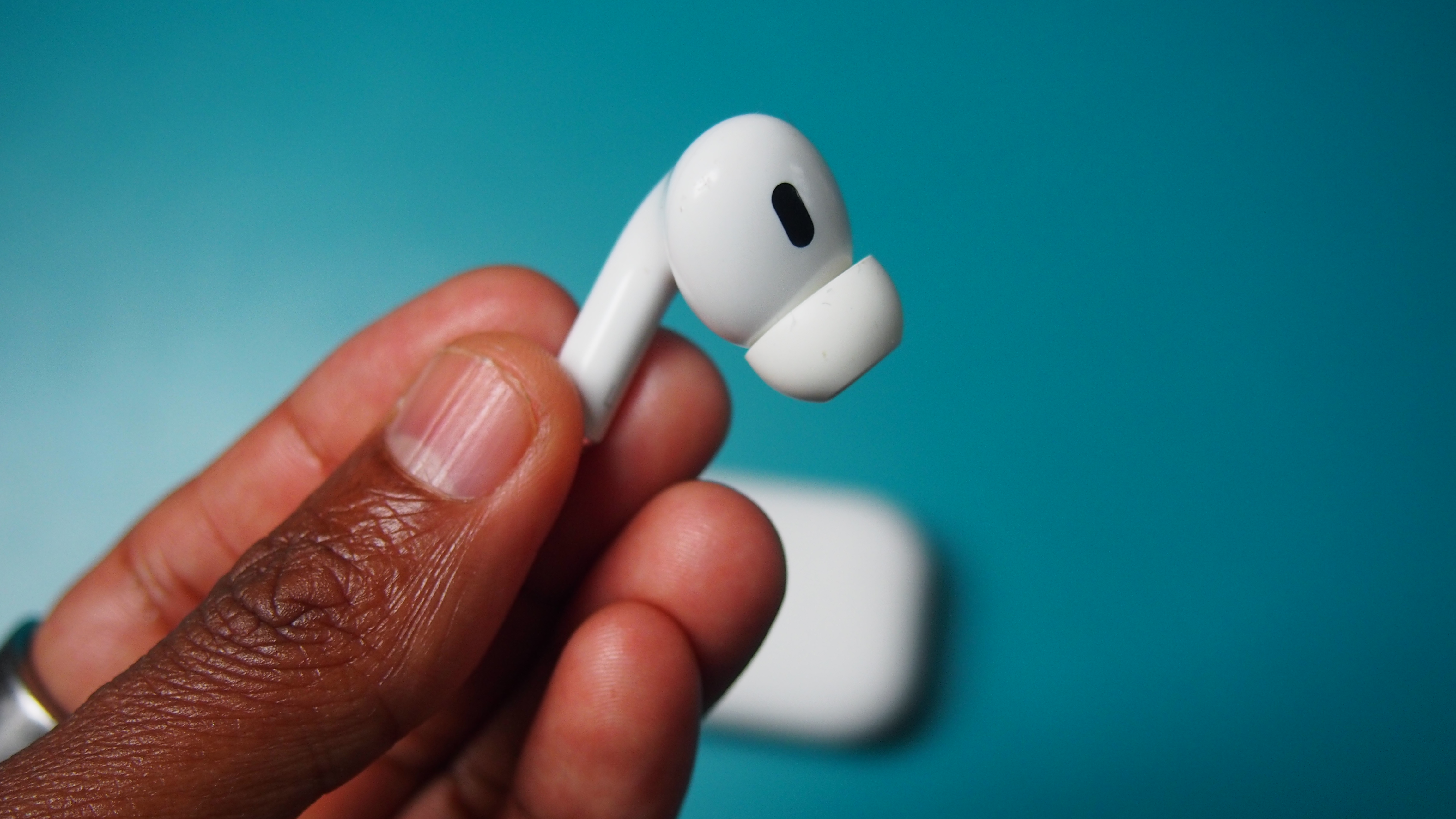
The Apple AirPods Pro 2 (2nd generation) cost $279/£229, making them a considerable jump up in price from the AirPods (3rd generation), which come in at $179/£169. These definitely sit at the more expensive end of the truly wireless earbud market.
The obvious first place to get them is going directly to Apple’s website, but there’s also a host of other retailers you can buy them from too. They don’t typically get a lot of love in the sales, but you may see the Lightning version drop in price with the arrival of the USB-C model.
What can they do?
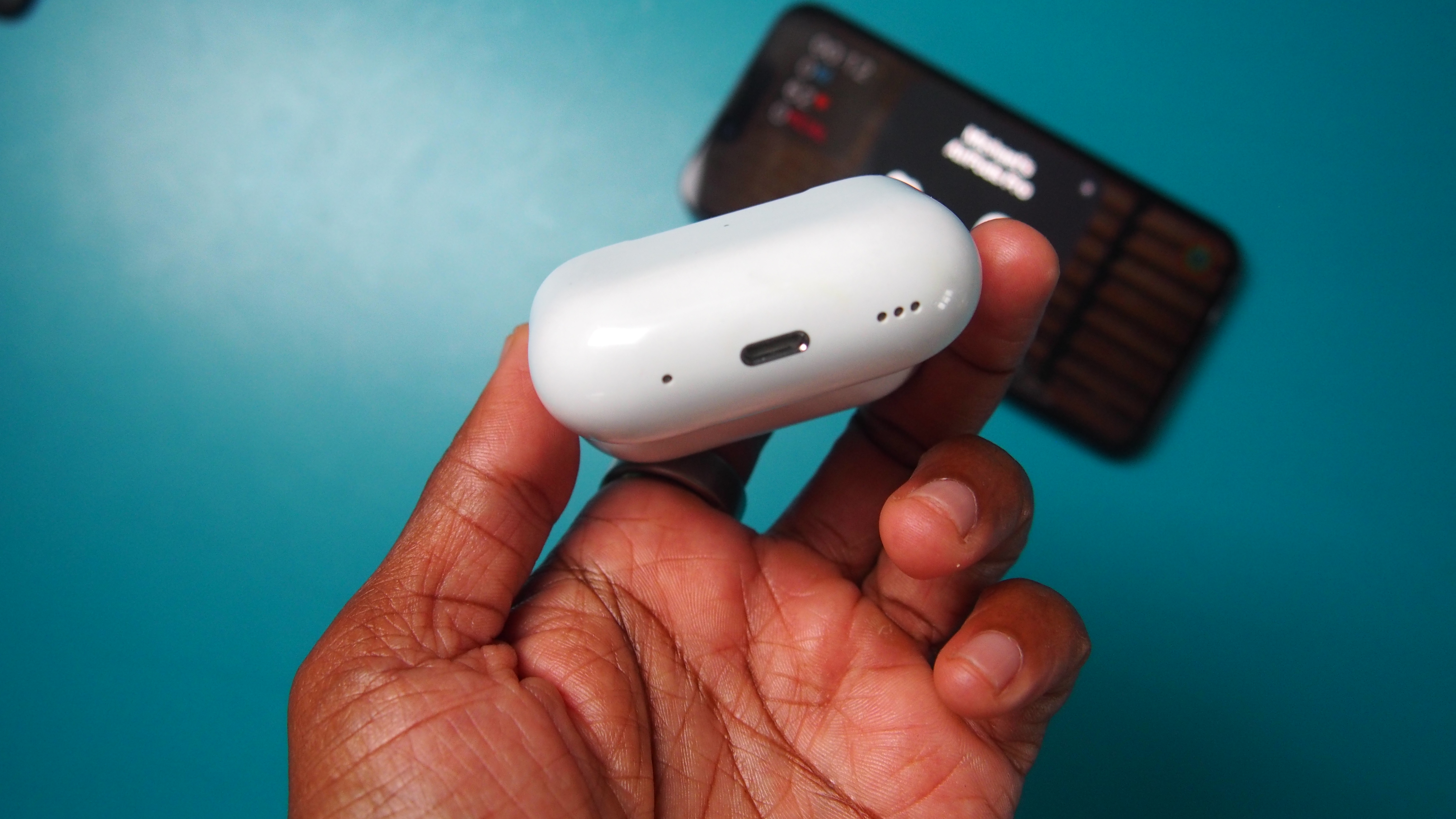
The AirPods Pro 2 USB-C version is pretty much giving us everything that we got on the first version. They deliver the promised improved active noise cancellation on the previous Pro and the Adaptive Audio mode to automatically adjust the strength of the awareness and ANC modes based on your environment.
It packs Apple’s H2 chip in tandem with its custom-built driver and amplifier to help deliver a balanced and versatile sound profile. It can wirelessly switch between different Apple devices and also promises up to 6 hours of battery life with ANC in use and a total of 30 hours when you factor in the charging case.
Why are they so good for running and exercise?
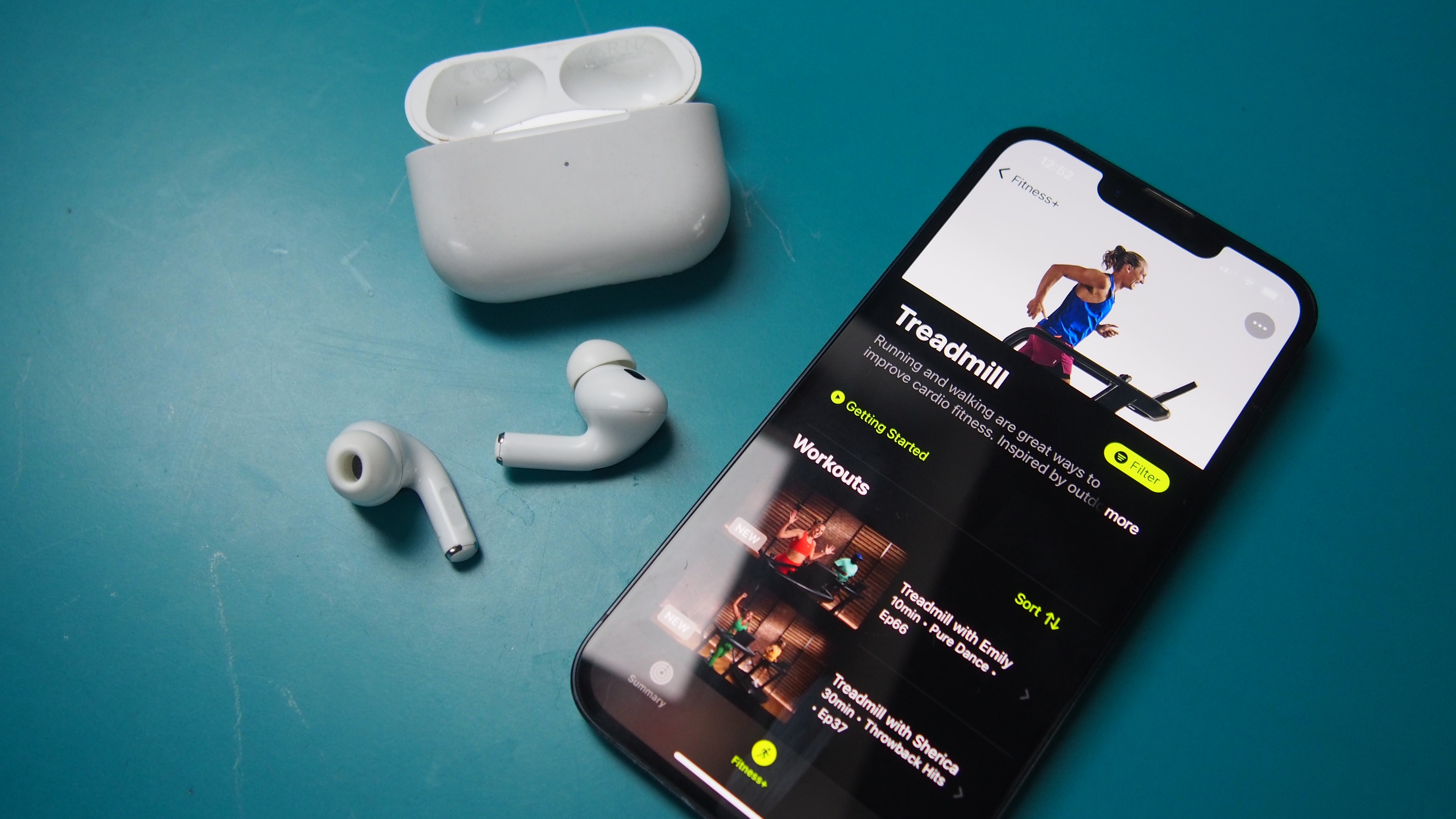
The Pro 2 has that signature white stem look that elegantly hides away a series of touch and volume controls that are nicely responsive, even with sweaty hands. On the topic of sweat, they come with an IPX4-rated design to make them sweat-resistant and additionally offer protection against dust too, which wasn’t the case on the Lightning version.
To aid fit and make sure they stay in your ears, there are four sets of silicone tips including an extra small one, to make sure they stay put in your ears. The sound is fantastic. It’s balanced and if you want something that can handle a little more bass or something that delivers more finesse, the Pro 2 is capable of it.
iMore offers spot-on advice and guidance from our team of experts, with decades of Apple device experience to lean on. Learn more with iMore!
Are there any alternatives?
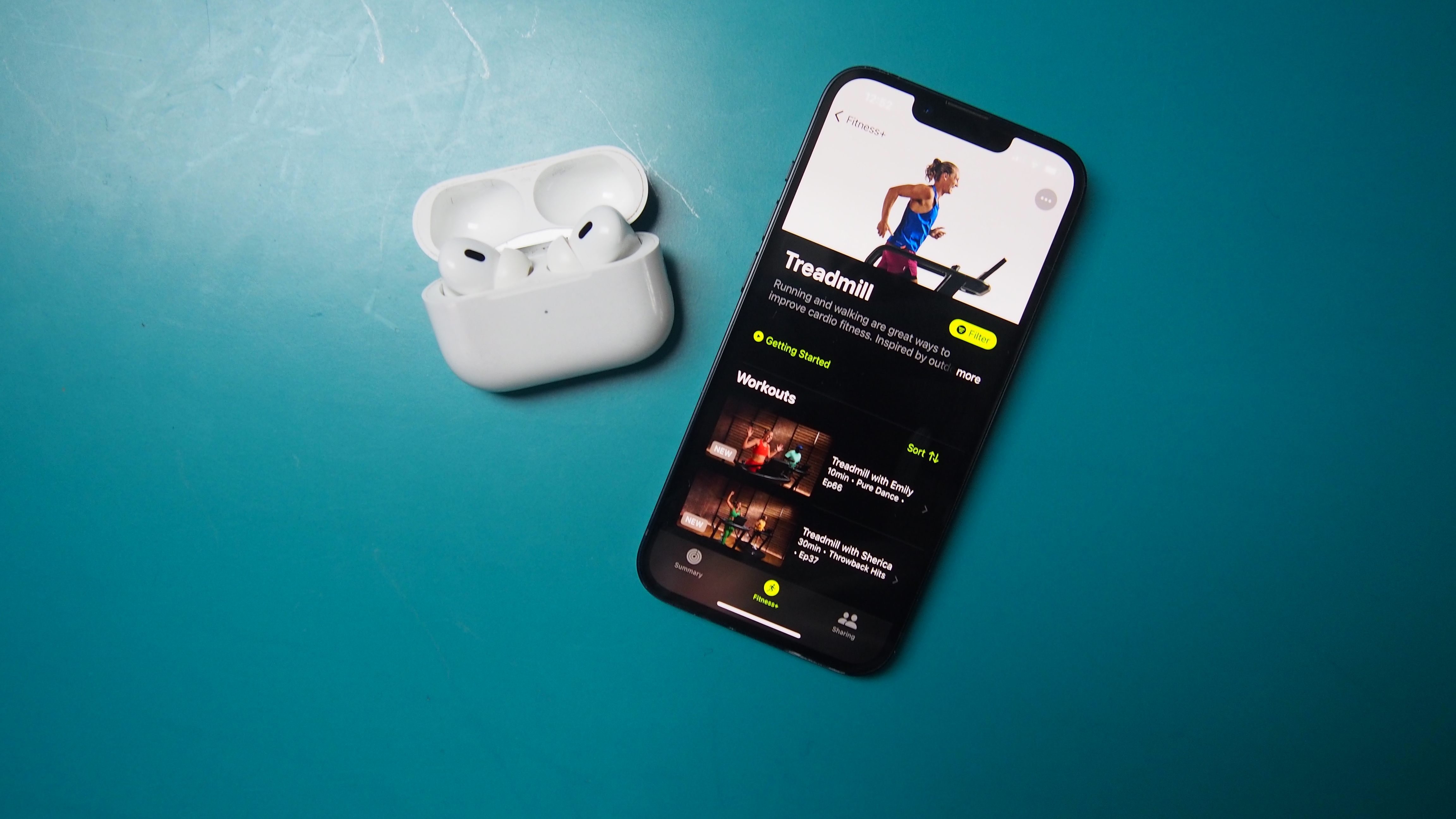
There are obviously a lot of truly wireless earbuds out there, that are there competing with Apple’s ones to be in your ears instead. The obvious alternatives are the Beats Fit Pro, which offers a more traditional, exercise-friendly wingtip-style earbud design, offers ANC and transparency modes, and a similar level of battery life. Though I’ve found using the Fit Pro for longer periods of exercise a bit uncomfortable compared to using the less intrusive Pro 2.
To round things out...
The AirPods Pro 2’s appeal is that they seamlessly work with Apple’s own products and from a Fitness Plus point of view does give you a great audio experience for workouts where music is a big component. The fit is good and secure for running workouts and you have those extra tips to improve the secureness and as a package you know you’re getting something that’s beautifully made. You could arguably spend less on something like the Jabra Elite 8 Active, another set of wingtip-free everyday buds that are very well built for runs. If you like the idea of something fully wedded to the Apple ecosystem that is fit for workouts too, these definitely more than do the job.

Michael is a freelance journalist who has covered consumer technology for over a decade and specializes in wearable and fitness tech. Previously editor of Wareable, he also co-ran the features and reviews sections of T3, and has a long list of bylines in the world of consumer tech sites.
With a focus on fitness trackers, headphones, running wearables, phones, and tablet, he has written for numerous publications including Wired UK, GQ, Men's Fitness, BBC Science Focus, Metro and Stuff, and has appeared on the BBC Travel Show. Michael is a keen swimmer, a runner with a number of marathons under his belt, and is also the co-founder of YouTube channel The Run Testers.
